ARTICLE AD BOX

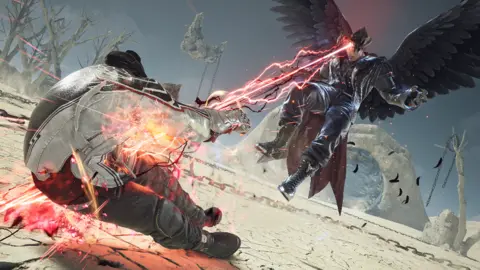 Bandai Namco
Bandai Namco
The Japan-developed fighting game released its eighth numbered instalment at the start of this year
Players from Pakistan have been dominating the professional Tekken scene - but the game's director says he has no idea how it got so big in the country.
First launched 30 years ago, the Japan-developed fighting game released its eighth numbered instalment at the start of this year.
The competitive Tekken scene used to be ruled by players from the Far East, but the current top ten contains four players from Pakistan.
Speaking at a recent tournament, Tekken director Katsuhiro Harada told BBC Asian Network the dominance of pros from the country "came out of nowhere".
Tekken is a 3D beat 'em up where players fight each other in one-on-one bouts in best-of-three matches.
Arslan "Arslan Ash" Siddique became an overnight superstar on the competitive circuit when he claimed victory in the 2019 EVO fighting game tournament.
He went on to win the coveted title four more times, earning him all-timer status in the eyes of many fans.
Arslan, 29, is currently ranked 10th in the world after an early exit from the Red Bull Golden Letters Tournament in London, but fellow Pakistani pro Atif Butt holds the second spot in the world list.
It's clear that the country's become a force on the global stage, but the game's director still isn't sure how it got there.

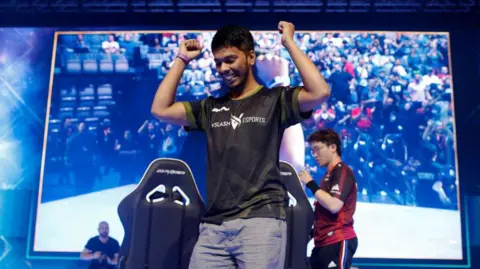 Getty Images
Getty Images
Arslan Ash stunned fans with his victory at the 2019 EVO championship
"We never knew they were playing Tekken," Harada-san says.
"Even now we've never been to Pakistan, so I'm still quite interested to hear why they became so obsessed with Tekken and so good at the game."
The game's producer Michael Murray tells Asian Network that he "loved it when Arslan came on the scene".
"No-one knew him," he says.
"Then out of nowhere someone no-one's talking about comes along and you find this other community and then Arslan says it's not just him.
"He says they're all strong in Pakistan, and everyone's like 'what?'
"It was just such an amazing story and I still remember how exciting it was to hear that."

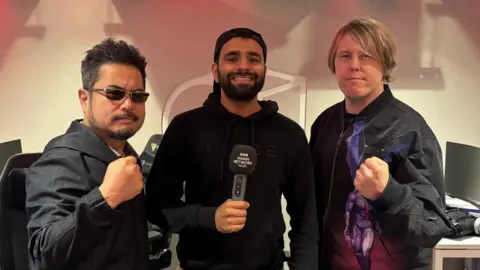
Katsuhiro Harada (left) and Michael Murray (right) spoke to BBC Asian Network at the Red Bull Golden Letters tournament in London
At the recent contest in London, Lim "Ulsan" Soo-hoon from South Korea won first place, beating Jae-hyun "CherryBerryMango" Kim in the grand final.
They were joined by players from the USA, Japan and Europe, demonstrating the global popularity of Tekken.
Harada-san has been working on the series for 30 years, and says the competitive scene really kicked off around the release of Tekken 7.
He tells Asian Network his mother cried when he first told her he wanted to pursue a career in video games, but now his family is "quite proud" when they see him in magazines.
"They're like, 'wow, you're actually doing something with it, that's good," he says.
Harada-san says he's glad Tekken "has continued for a long time and we've been able to come this far".
But he does confess to being "a bit sad" that it's the "only remaining major 3D fighting game franchise".
"It would be more interesting if there were other rivals, right?" he says.



 8 months ago
31
8 months ago
31
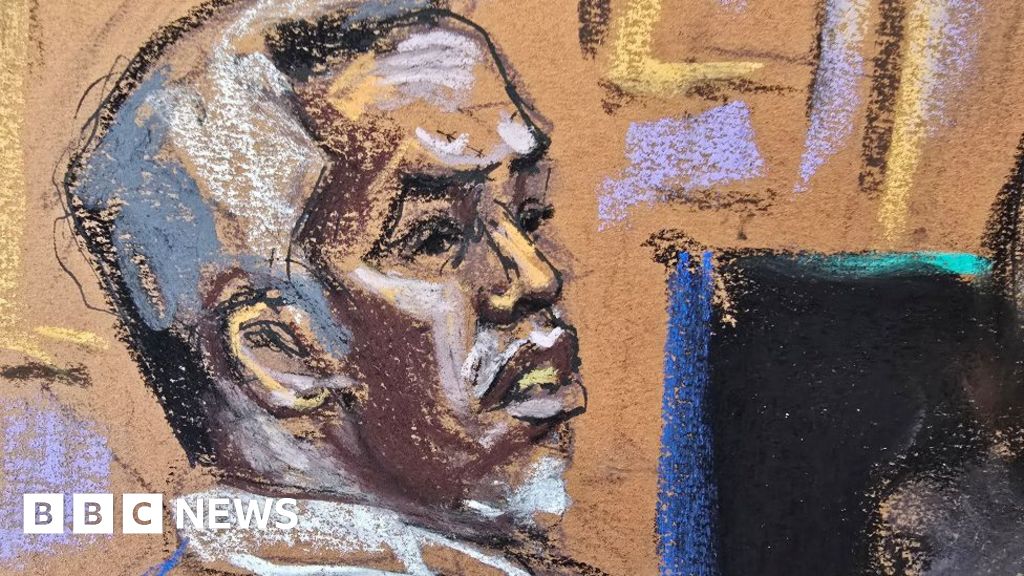
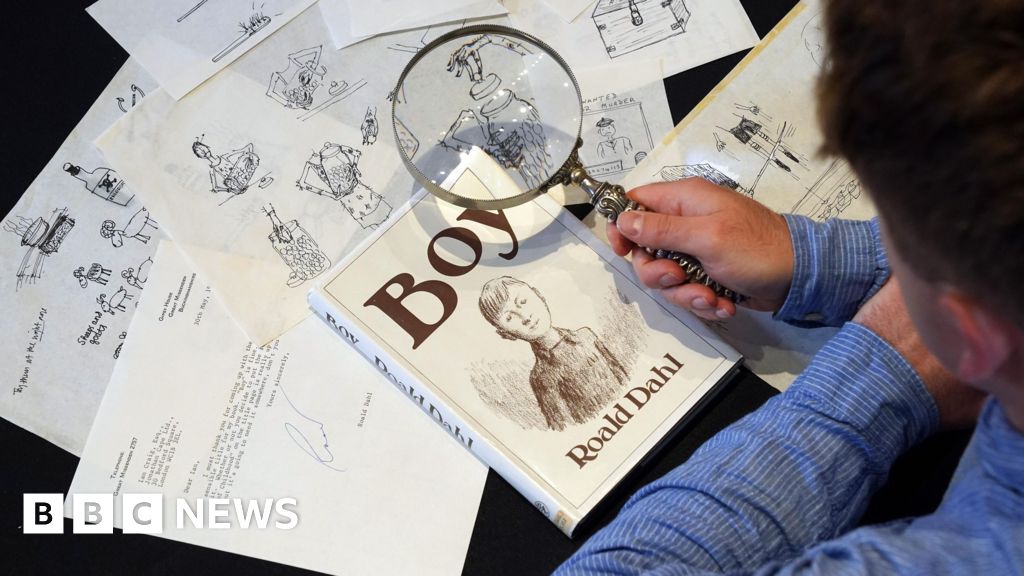






 English (US) ·
English (US) ·